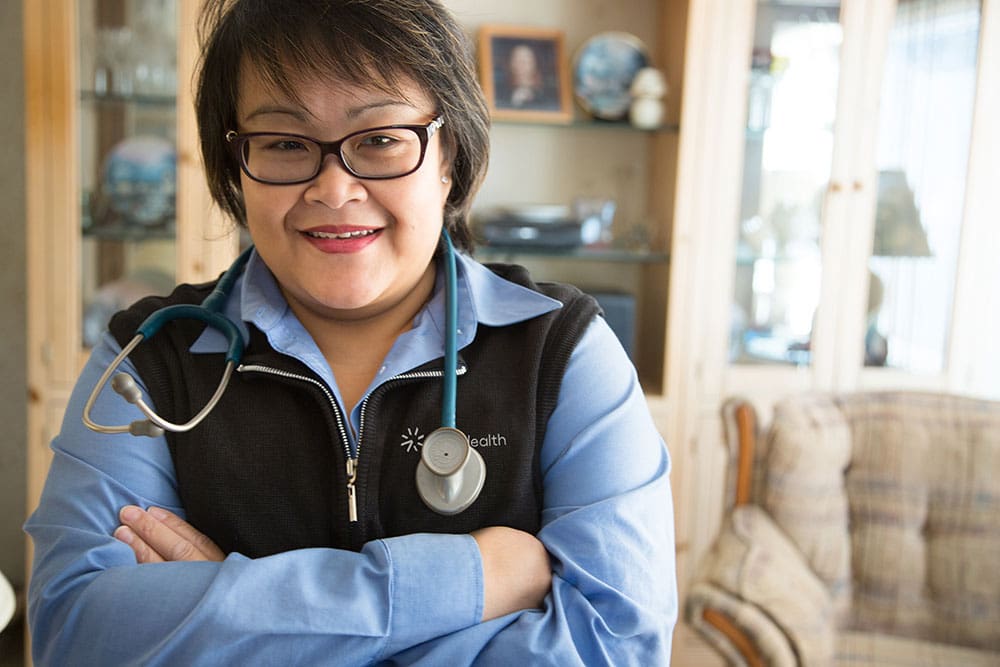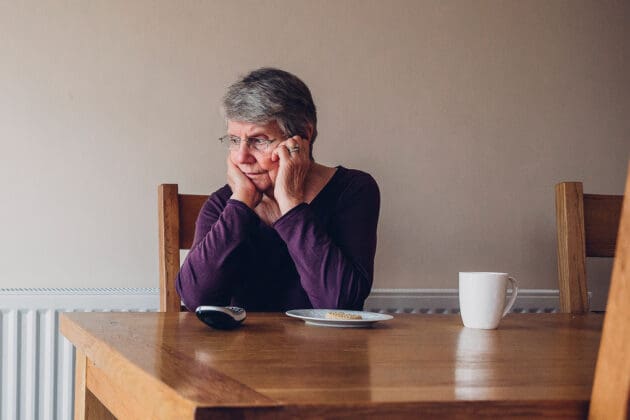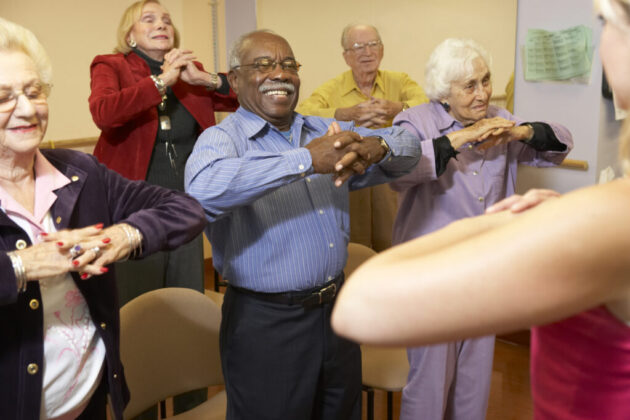
At VNS Health, our behavioral health care teams are here to help your loved one wherever they are. We provide caring, nonjudgmental behavioral health services that meet each person’s needs.
The people on your care team will depend on what your needs are. Here are some of the people you might work with and what they do.
Case Managers
Case managers help manage care. They connect you with resources and coordinate care among providers. They also oversee complex health care needs. This may include mental health and substance use issues and chronic diseases. Case managers can provide counseling but not formal therapy.
Case managers can:
- Help you and your loved one understand their condition
- Connect you to helpful resources, education, and services, such as:
- Help when leaving the hospital and going back into the community
- Keep track of progress towards goals and make sure services are still a good fit.
Social Workers
Social workers look at your loved one’s emotional, social, and mental health needs. They offer guidance to families. They find and refer you to resources, such as those for housing or financial support. Social workers are trained to provide therapy in some settings.
Social workers also:
- Assess your loved one’s condition
- Create or add to care plans
- Assess risk and develop safety plans
- Work with your network of other providers
VNS Health’s behavioral health care teams provide mental health and substance use care that addresses the needs of adults, children, and families. We center our care around compassion, connection, and knowledge to support all our patients.
Nurses and Other Clinicians
Nurses and other clinicians help your loved one follow their care plan and get the care they need. They recommend treatment and help manage symptoms, as well as provide emotional support. Nurses and other clinicians can also assess living conditions and connect you with community resources.
Nurses and other clinicians also:
- Keep an eye on both you and your loved one’s well-being
- Help your loved one build healthy habits, like eating well or quitting smoking
- Work with other members of your loved one’s care team
Behavioral Health Counselors
Behavioral health counselors provide counseling and education. They help you and your loved one learn more about their condition. They also help you find resources to support recovery. Behavioral health counselors may also help manage symptoms.
Behavioral health counselors also:
- Guide care plans
- Connect you with community resources like crisis hotlines and local support groups
Family Advocates
Family advocates help you and your loved one find the resources you need during tough times. They help connect you with services to benefit you now and in the future. They may help your loved one find basic needs, like housing. They may also bring your loved one to and from appointments.
Family advocates can also:
- Connect you to community services like food pantries and job training
- Work with care teams to discuss individual and family needs
Peer Staff
Peer staff use experiences from their own lives to build trust and offer insights. They help you and your loved one through difficult behavioral health issues. They can also make sure you understand treatment and recovery goals. Peer staff help your loved one take charge in their recovery.
Peer staff also:
- Connect you with community programs and services like peer-led support groups and housing support
- Help in crisis situations


